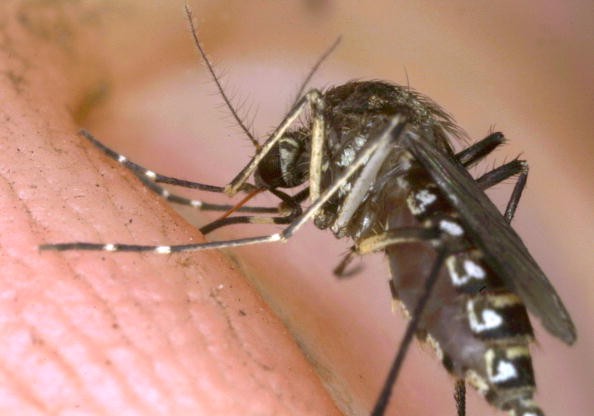
Scientists have created a strain of mosquitoes that carry genes that block the transmission of malaria. These mosquitoes could breed with normal mosquitoes to produce offspring that cannot spread malaria.
The researchers used a genetic engineering technique called gene editing. In this technique, DNA can be inserted, replaced, or deleted from the genome of a mosquito species called Anopheles stephensi that spreads malaria in urban India.
The DNA was inserted into the strain's germ line, which are the cells that pass on genes from generation to generation. The newly created strain produces antibodies that block malaria and these genes are passed on to 99.5% of its children in ten generations, which is about the number of generations that mosquitoes produce in a year.
Malaria is a parasitic disease that is transmitted to people through the bites of infected female mosquitoes. The goal is to have genetically modified mosquitoes mate with wild mosquitoes so that the malaria-blocking genes enter the gene pool. Eventually, the strain carrying the blocking genes will overrun the population and eliminate the ability of this species of mosquitoes to transmit the malaria parasite.
Creating mosquitoes that prevent the spread of malaria will not eradicate the disease. But in an interview with Reuters Health, University of California-San Diego biologist Ethan Bier called this a "potent tool in sustainable control of malaria," as all the mosquitoes in a given region would carry anti-malarial genes.
The new species of mosquito would have to be used in conjunction with bed nets that are treated with insect repellents, eradication of mosquito breeding sites, and better treatments for malaria. But, it could play a major role in sustaining the elimination of malaria.
Other research teams are working to create genetically engineered mosquitoes. One group has created a strain where all offspring are likely to be male, which could cause wild populations to disappear.
"In contrast, our much more flexible system only prevents mosquitoes from carrying malaria but can be used to do no harm to the mosquito. So it should generate the least amount of ecological damage," Bier said.
The research was published in the Proceedings of the National Academy of Sciences.



